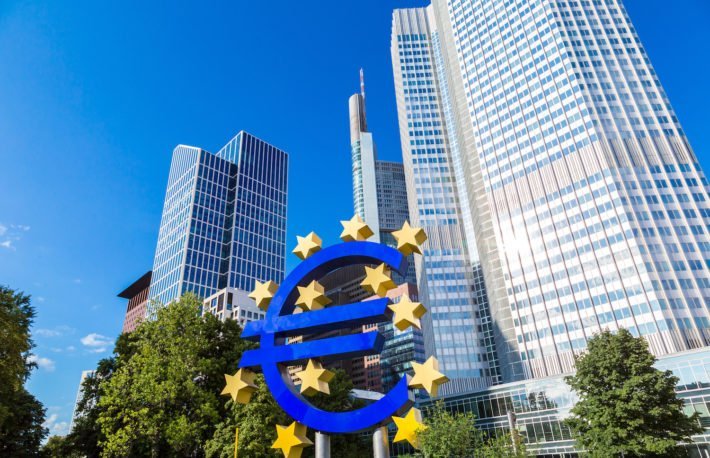“It is an oxymoron making statements about the development of the economy, while the only concern of many officials is the securing of the interests of the banks.” If we had to guess which party had said this, we would most probably say Akel, not only because it embraces a left-wing, anti-capitalism ideology, but also because it has regularly made such statements.
We would be wrong however, because even though Akel has expressed such views in the past, in this specific case the sentiments belonged to the extreme right Elam. In fairness, this crude populism could have also originated from Edek and Diko all of whom repeat the emotional rhetoric about the evil banks that are protected by the callous government at the expense of the people.
Populism knows no ideology, which is why on social and economic matters Elam sounds exactly like Akel. They are all champions of the people, defending them against the evil banks, which are presented as ruthlessly greedy for wanting their customers to repay their loans. This is the simplistic thinking shared by the populists, oblivious to the negative consequences for the economy of struggling banks with capital needs.
Having such banks, as was the case after 2012, destroys business confidence and causes recession, in which the worst-hit are the poorest members of our society whose interests the populists are supposedly defending with their fiery rhetoric. In fact, Elam’s platitudes were inspired by the study on incomes and living conditions which found that in 2019, 21.3 per cent of the population (188,000) were in danger of poverty or social exclusion. One in five people lived in households with a disposable income below the poverty line the study found. This was still an improvement on the previous year when it was 22.3 per cent. Interestingly, in 2015, when the banks were still struggling, and the economy had not recovered from the economic meltdown of two years earlier, the poverty danger index was 28.9 per cent. The index of serious material deprivation fell to 8.3 per cent in 2019, whereas in 2016 it was at 11.5 per cent. Were the populists able to see a connection between these figures and the poor state of the economy which included the banks?
It is all part of the Akel propaganda about the bad and greedy capitalists exploiting the poor. It is never acknowledged that profitable businesses, backed by healthy and profitable banks, create the economic conditions for drastically restricting the danger of poverty. The better the capitalists are doing the more people will be lifted above the poverty line.







Click here to change your cookie preferences